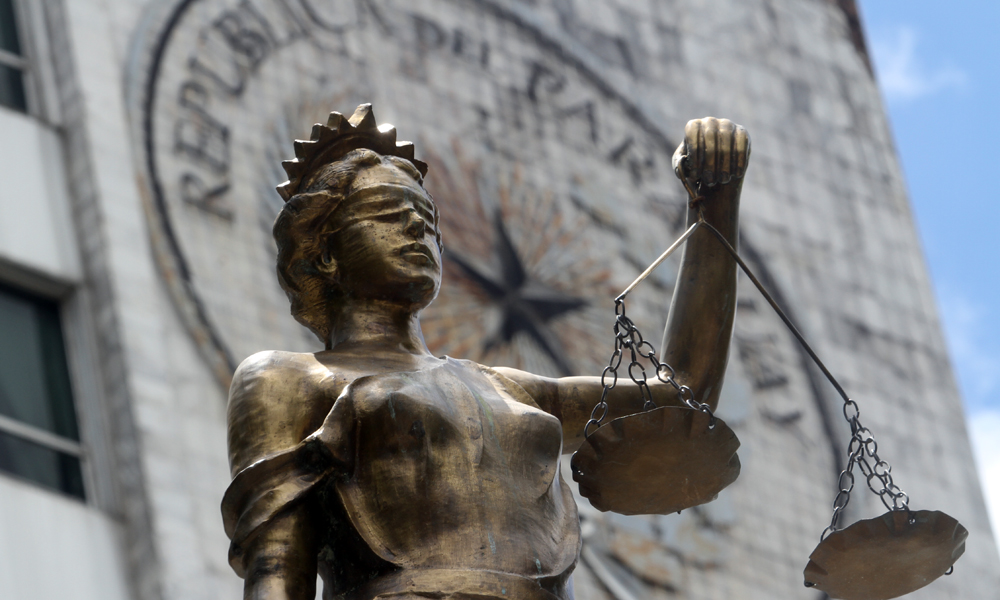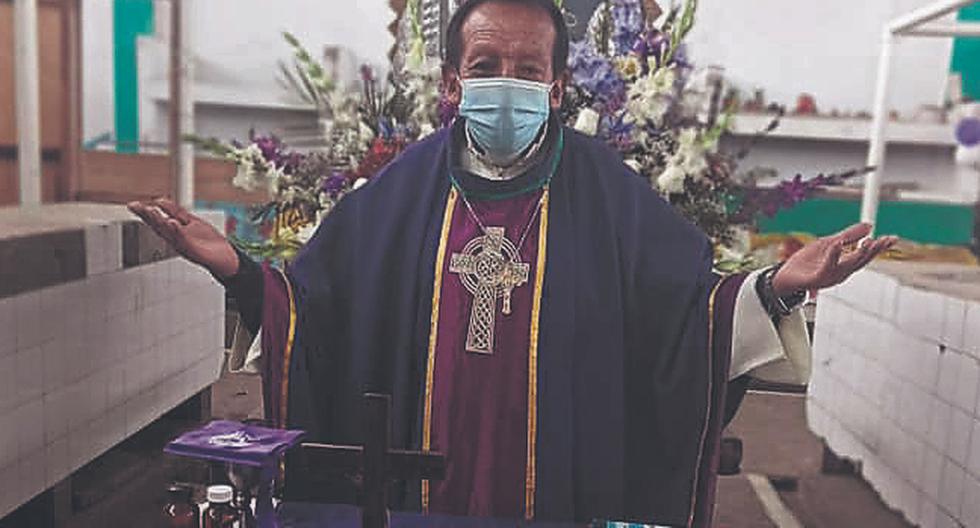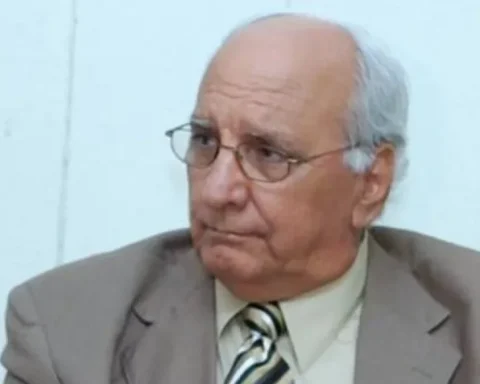With a report published by the IDB that determines the level of confidence that Latin Americans have in various sectors of their country, Paraguay is one of the nations that has the least confidence in its judicial system.
According to a comparative table by region, just over 0.7%, the number of Paraguayans who say they trust the country’s judicial system is very low. For its part, in Brazil more than 0.6% trust, in Peru and Venezuela 0.6%, in Uruguay 0.7%, in Ecuador more than 0.5%, among other countries.
One of the questions in the survey carried out by the IDB to determine the percentages referred to whether an individual would go to file a complaint if they are the victim of a petty theft. In this sense, the approaches were aimed at the level of confidence that the population has in its authorities for the resolution of a crime and the total application of justice.
Taking into account the data in the report, trust in authority figures in Latin America and the Caribbean is much lower than anywhere else in the world and barely reaches a quarter of the level of the Organization for Economic Cooperation and Development (OECD), with the exception of Chile, Colombia and Mexico.
In this way, mistrust in institutions makes them part of the problem.
more than the solution, when they should ensure accountability by governments in their management. In Latin America and the Caribbean, legal and legislative institutions often do not fulfill their intended roles, and more than increasing trust in the government, they end up being part of the crisis of trust, as the IDB has shown.
Dr. Jose Casanas Levi
THE WORST MOMENT OF JUSTICE
According to Dr. José Casañas Levi, a criminal lawyer, the negative impact on the judicial system is greater because more than one person had a legal dispute and when it develops, there is always money involved to solve something and then the idea of people it boils down to the fact that without money you will not be able to win your case.
“This is later reinforced when people see major cases of corruption such as that of González Daher, Messer or the attack on the PLRA on March 31, in which no decisive progress is observed,” said Dr. Casañas Levi.
He added that even in the last case, with which the list of prosecutors and judges involved in the persecution of innocents in the González Daher usury case became known, a month has already passed and no reaction from the Public Ministry has yet been seen. and the Judiciary, which clearly has an impact on the population.
“Thus, we speak of a personal experience in citizenship and what it observes of reality. In this way, the country’s judicial system is probably going through its worst moment in history,” the lawyer said.
He pointed out that the direct effects analyzed are the way in which people prefer not to go to the prosecutor’s office or to the judge and when they have to go to a hearing they ask how much they need to pay. These cases automatically arise because the individual sees a great difference in dealing with a person who has a large economic background or political influence.
“The large percentage of people who are deprived of their liberty are individuals without financial resources and this is objective data,” said the criminal, referring to the loss of credibility towards the judicial system, as one of the many expected consequences. .
On the other hand, to refer to the influence of this type of posture on the part of the citizenry, he stressed that this creates a situation of risk in the community because it will begin to opt for justice in its own hands or, if it has the possibility, will enter the circuit of corruption and the issue will become endless.
“Every year we are worse and I think that these results will continue to get worse next year, without an action plan because it is not enough to make diagnoses exclusively,” he mentioned, saying that countries that also went through weak moments in their judicial system, managed to overcome by carrying out concrete things.
In Colombia, for example, with serious problems of judicial and state corruption, they worked on an ethics program in the official, since he did not see his work as a public service, but as a particular aspect that could benefit him personally. In Paraguay, many institutions have codes of ethics, but they are kept in files, nobody controls or applies them.

Hugo Estigarribia
POLITICIZED JUSTICE
For the lawyer and analyst, Hugo Estigarribia, mistrust falls on the strong political interference in the judicial system, since there are threads of power between prosecutors, judges and lawyers.
“Apart from the serious problem of political interference in the Magistrates Trial Jury (JEM) and its selection mechanism, as well as the lawyers’ associations; these are bodies that should not be politicized and unfortunately they stand out for it,” Estigarribia announced.
Thus, the lawyer ruled that it is observed how the JEM’s lawyers and representatives maintain a high level of relationship with politicians and in many cases end up responding exclusively to them.
“Justice dances to the beat of the political interests of the day, aggravating the management of the judicial sector, not to mention the lack of independence and action of the estates because they are exclusively due to who appointed them,” he determined.
In this way, he categorized justice as the Achilles’ heel of Paraguayan democracy, which affects all government levels in the country, pointing out that since there is impunity in the judicial system, it is observed how corruption festers in various sectors.
“Paraguay is seen as a paradise of impunity for money laundering and other criminal acts, like a tropical banana country, with justice being the determining factor for the continuity of all this,” he concluded.
EMBLEMATIC CASES OF IMPUNITY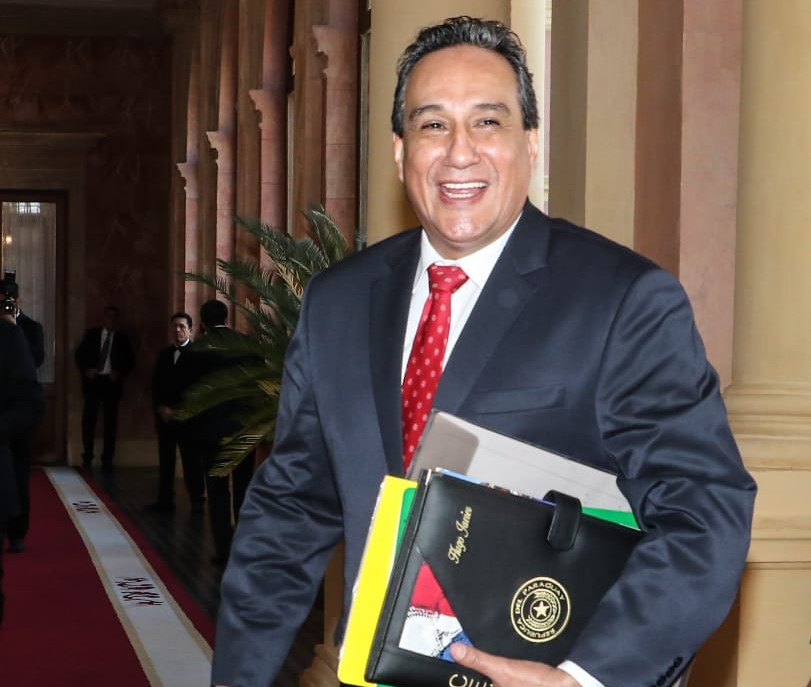 – The Hugo Javier case, who was accused and accused, in which a series of complaints from the Anticorruption Secretariat, together with the State Secretariat for Taxation before the Public Ministry, also weighed, but it was whitewashed.
– The Hugo Javier case, who was accused and accused, in which a series of complaints from the Anticorruption Secretariat, together with the State Secretariat for Taxation before the Public Ministry, also weighed, but it was whitewashed.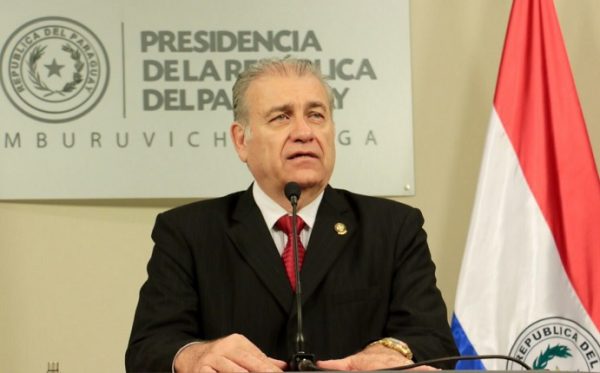 – The González Daher case, in which both Óscar and Ramón were accused of usury, money laundering and false accusation, apart from putting together a large scheme of contacts with magistrates of all instances and jurisdictions within the Judicial Power, who were witnesses and they were part of the brothers’ tightening and collection system.
– The González Daher case, in which both Óscar and Ramón were accused of usury, money laundering and false accusation, apart from putting together a large scheme of contacts with magistrates of all instances and jurisdictions within the Judicial Power, who were witnesses and they were part of the brothers’ tightening and collection system. – The Messer case, which despite all the investigations in Brazil, had no judicial interference in the country, other than on the communication side.
– The Messer case, which despite all the investigations in Brazil, had no judicial interference in the country, other than on the communication side.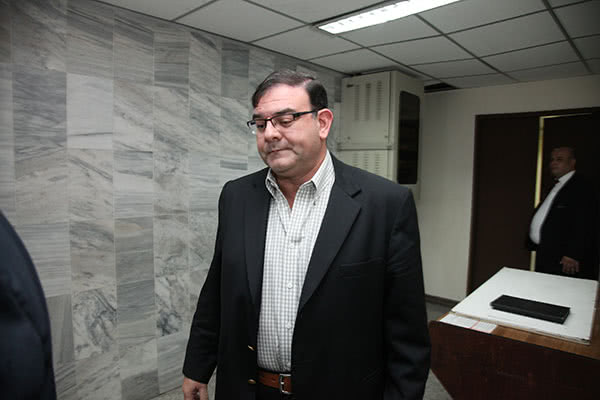 – The “golden homes” case of deputy Tomás Rivas, with the house extinct after the laundering of the Sentencing Court.
– The “golden homes” case of deputy Tomás Rivas, with the house extinct after the laundering of the Sentencing Court.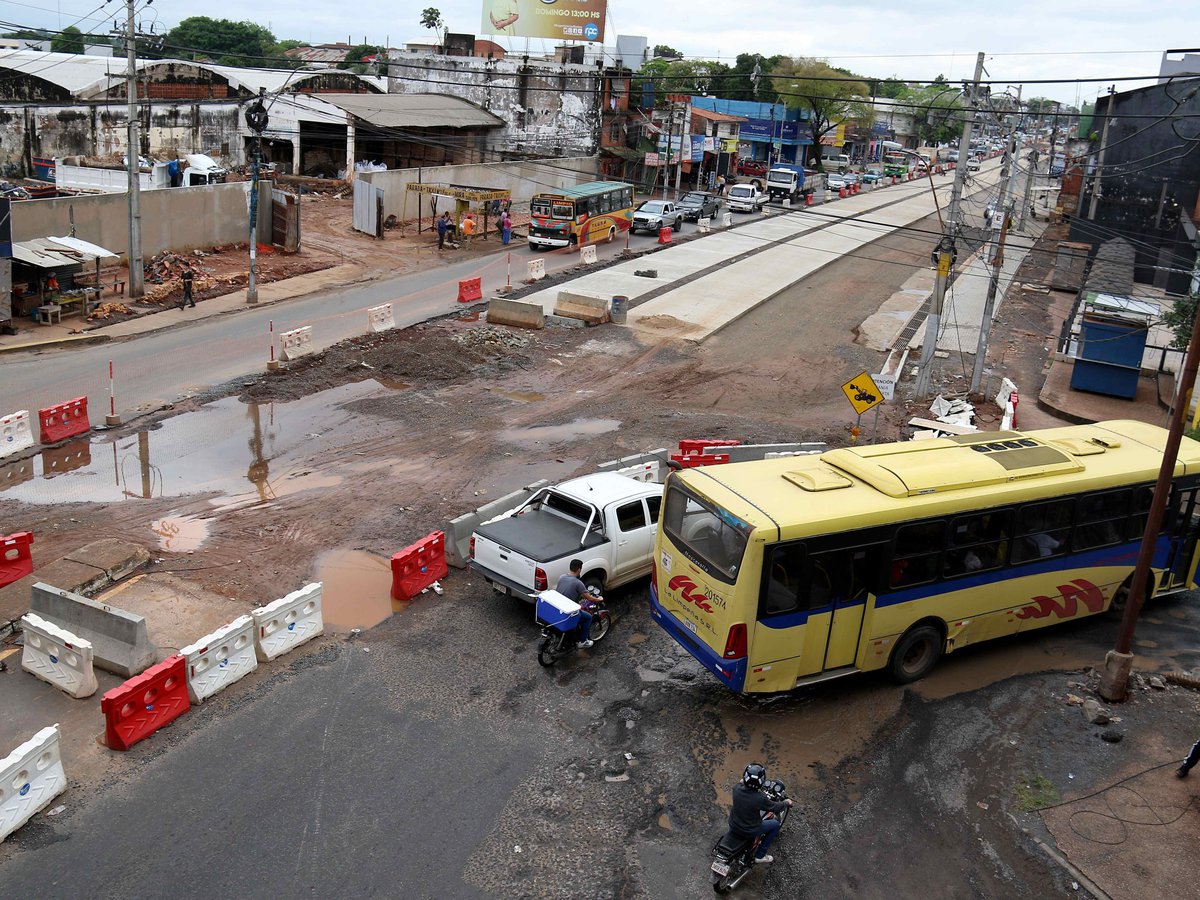 – The metrobús case, which was never thoroughly investigated and to this day does not have anyone responsible for all the commercial and social damage caused during construction.
– The metrobús case, which was never thoroughly investigated and to this day does not have anyone responsible for all the commercial and social damage caused during construction.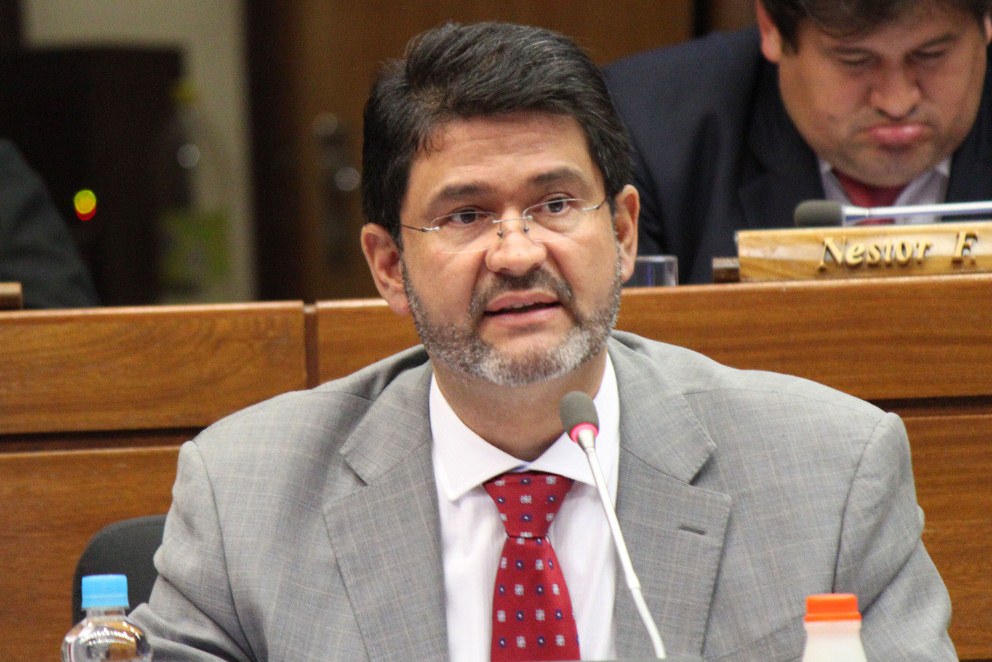 – The “golden homes” case of former deputy José María Ibáñez, where they raided in 2018 when the defense proposed an alternative way out with the payment of G. 30 million for the purchase of a generator for the Santa Isabel leprosarium and other donations that they totaled about G. 5 million.
– The “golden homes” case of former deputy José María Ibáñez, where they raided in 2018 when the defense proposed an alternative way out with the payment of G. 30 million for the purchase of a generator for the Santa Isabel leprosarium and other donations that they totaled about G. 5 million.
